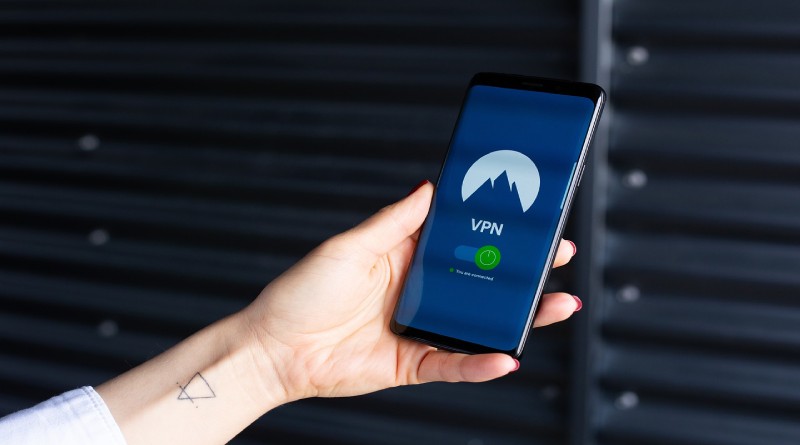What is a VPN? According to the recent data from USC Annenberg, the average American spends over 24 hours per week using the internet. A part of this time spent browsing the web through open and public WiFi networks.
Each time you connect to the Starbucks WiFi (or any other open network for that matter), you are putting your personal and financial information at risk.
The best way to prevent cybersecurity threats and stay off the hackers’ radar is to use a virtual private network when browsing the web. This guide will help you learn more about VPNs, as well as their uses and benefits.
Table of Contents
ToggleVirtual Private Network Defined
A virtual private network is a service that routes your online traffic through its servers, encrypting it in the process. It hides your data from all the lurking eyes on the network.
In a way, a VPN allows you to stay anonymous when you browse the web. It hides your real IP address and replaces it with the address of a VPN server at another location.
Best of all, using a VPN is quite simple. Once you find the right service for your needs, all you have to do is install the VPN app on your device. Then you choose the server (or its location) you want and activate the VPN to start browsing the internet.
Also Read: How are Virtual, Augmented, and Extended Reality different?
The entire process should take less than 10 minutes, even if you have no prior experience with VPNs whatsoever.
After that, all data you send or receive over the internet, including texts, images, and files, will travel through an encrypted tunnel. It hides it from any third parties, such as hackers and internet service providers.
Most VPNs offer several service plans based on monthly subscription fees. It allows you to customize your package and get the most out of your money. A VPN free trial (https://nordvpn.com/risk-free-vpn/) can give you the right insight you need before you choose to buy any of the plans (check these latest NordVPN deals).
The Benefits and Uses of VPN
Nowadays, most people use virtual private networks for online privacy and security. These services help prevent security threats and data breaches by encrypting the user’s online traffic.
But VPNs can do much more than that.
One of the most practical benefits of VPNs is the ability to change your virtual location. There are many explanations for why one would want to do it. For example, to access movies, TV shows, or games that are not available in your country. In order to stream movies, you’ll need a minimum internet speed of 3 Mbps or 25 Mbps for streaming in 4k. Make sure your VPN will be able to do that. If you want to check your speeds you can go to speedcheck.org and test for free.
You connect to a VPN server in another region, and the service will replace your real IP address with the address of the server. It means you will be able to access content that is otherwise not available in your area.
Another benefit of masking your real IP address is the ability to access better deals on retail stores and online booking centers.
The prices of flight tickets or accommodation often vary based on your location. Therefore, if your modification your IP address to an address from another country, you can find lower prices and better deals.
Moreover, VPNs allow you to connect to any public network without having to worry about data security. Everyone knows how dangerous it is to share files or financial information through public networks. But if you find yourself in a situation where you must use any network you can see, a VPN can help you maintain security.
Also Read: What is WWAN (Wireless Wide Area Network)? Definition and differentiated technologies?
Choose the Right VPN Service
The last thing you require to learn is how to choose the right VPN service provider.
If you want to ensure full security, you should stay away from free VPN apps. There are some exceptions, but most of them keep logs of your online data and traffic.
Instead, look for services with good qualities:
- robust encryption protocols,
- no-log policy,
- a variety of servers and locations,
- good customer service.
You can look for a VPN with a free trial or money-back guarantee. This way, you can test the most popular services before you choose to invest in one.
Once you’ve found an excellent virtual private network, don’t forget to turn it on each time you browse the web. If you want to protect your entire network, you can set up a VPN on your router. It will secure any device connected to your network. It is a good option for homes and offices where many people are using the same connection. But then don’t forget to turn on your VPN on your way out of the house and office as well.
Shashi Teja
Related posts
Hot Topics
Understanding TruthFinder’s Background Check Features
Background checks have become increasingly relevant for personal safety and information gathering in digital environments. TruthFinder offers comprehensive background check…
How MLOps Is Shaping the Future of AI in Business
Artificial intelligence (AI) has evolved from a futuristic idea to a strategic necessity for companies looking to innovate, grow, and…



